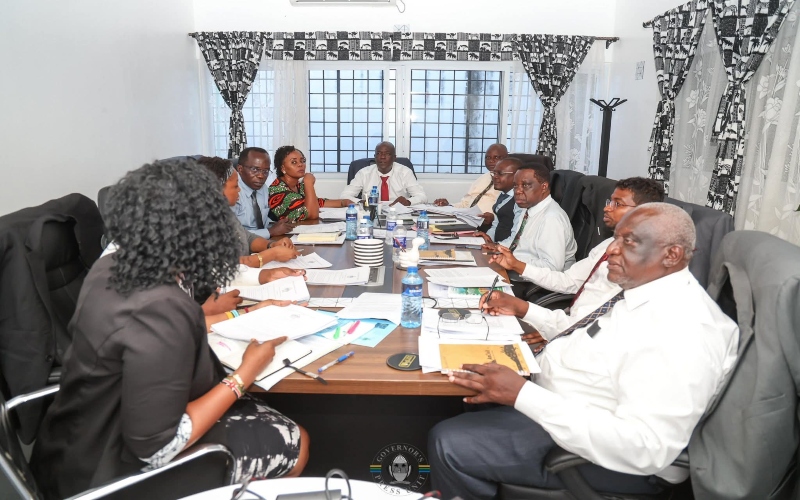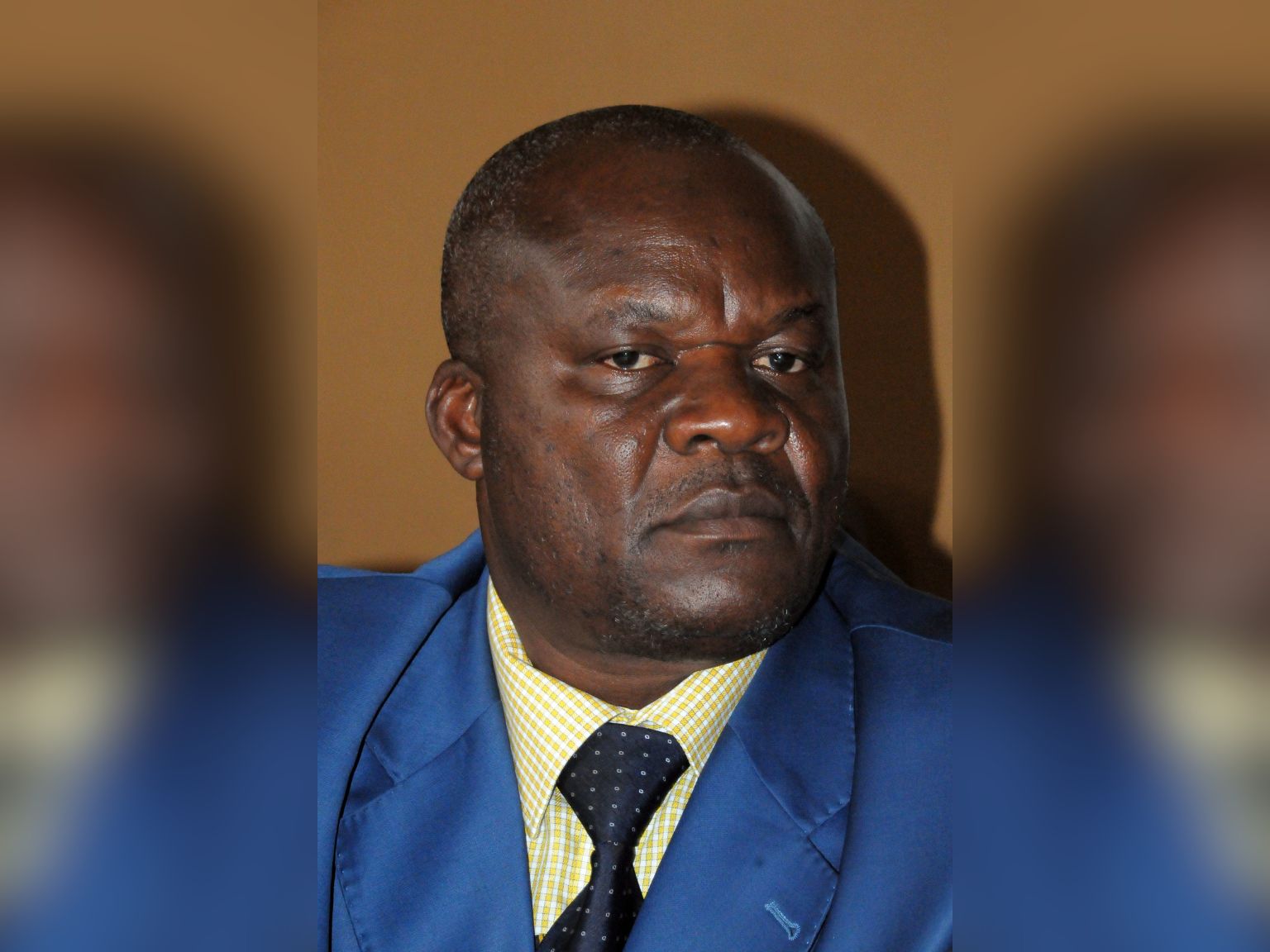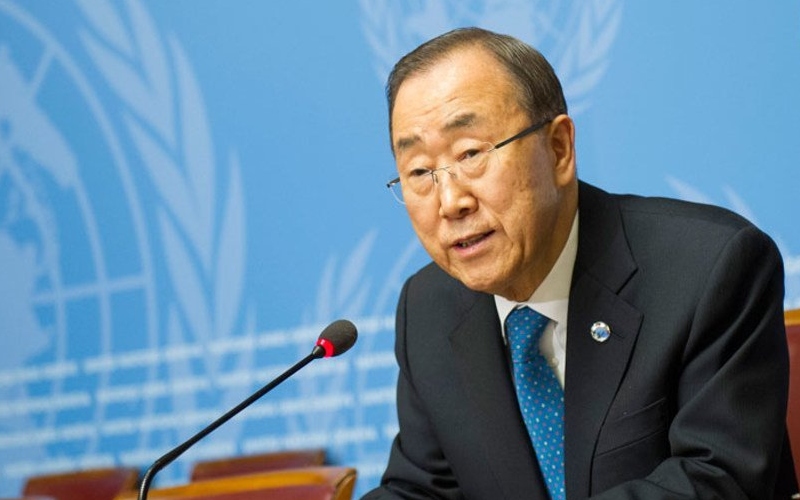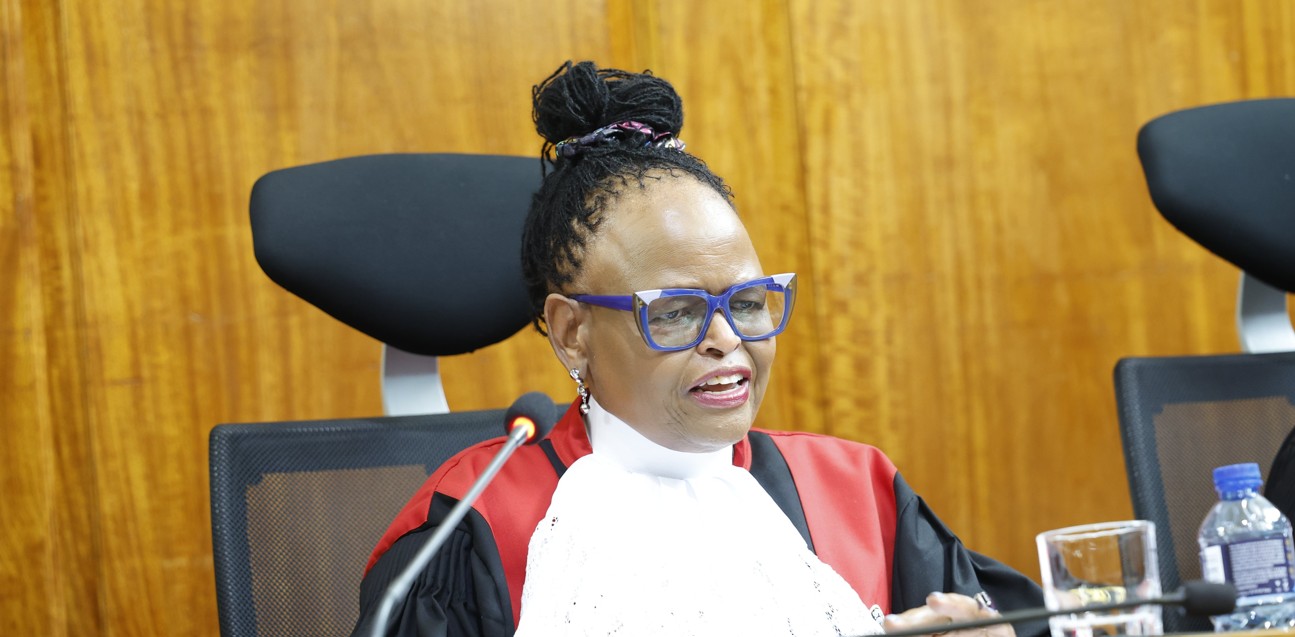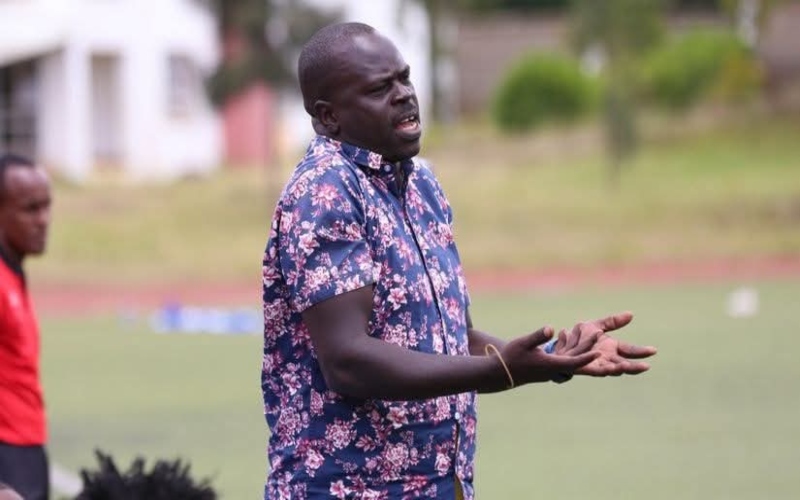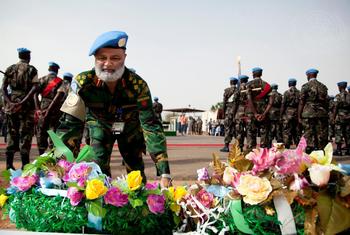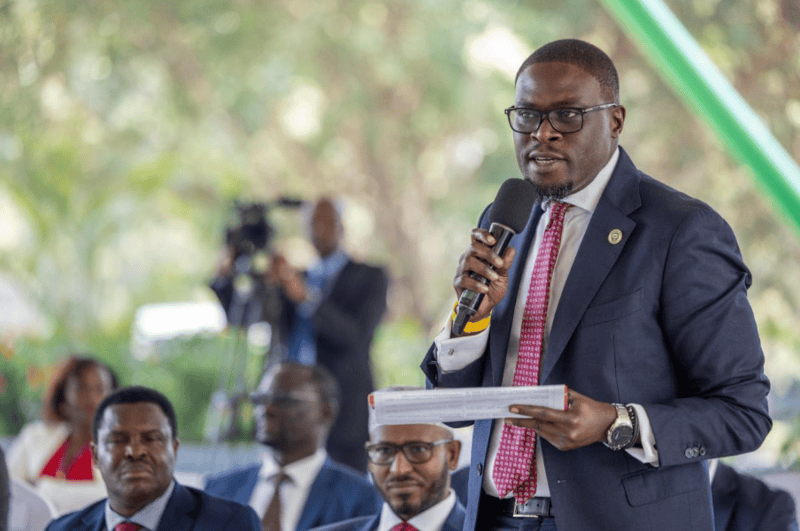Ethiopia-Somalia conflict: President Hassan, PM Abiy make their cases at NAM Summit
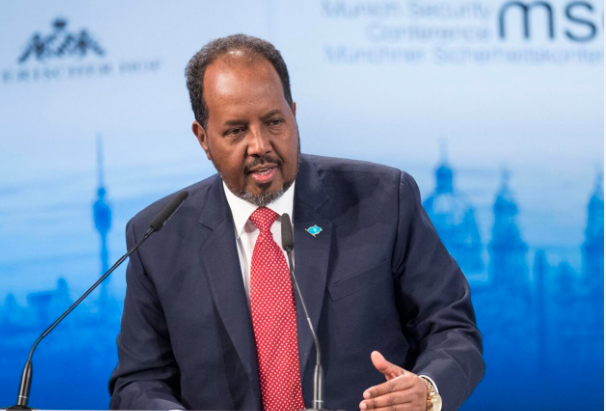
The 19th NAM Summit is the latest battleground in the Ethiopia-Somalia diplomatic war, which arose from an MoU Ethiopia signed with Somaliland.
The 19th Summit of the Non-Aligned Movement (NAM), taking place in Kampala, Uganda, is the latest battleground in the Ethiopia-Somalia diplomatic war.
The two countries are feuding over a Memorandum of Understanding (MoU) that Ethiopia signed with Somaliland, a breakaway region of Somalia that claims autonomy but is not recognised as such.
More To Read
- Under rising global pressure, Iran ramps up its push for strategic partnerships in Africa
- Faith under fire: How social media fuels rising attacks on religions, followers in Ethiopia
- AU congratulates Ethiopia on winning bid to host COP32 in Addis Ababa
- Tigray accuses Ethiopian Government of violating peace agreement, warns of escalation
- Ethiopia cuts foreign debt by Sh2.4 trillion as PM Abiy touts economic independence
- Ex-President of Ethiopian Islamic Affairs Supreme Council, Grand Mufti Haji Umar Idris, is dead
The MoU allowed landlocked Ethiopia to lease a 20-kilometre marine base from Somaliland for its navy and commercial use in exchange for recognition and a stake in the national Ethiopian Airways. Somalia, however, insists that Ethiopia has violated its sovereignty.
To quell the tensions, leaders organised the NAM Summit as well as an extraordinary summit of the Intergovernmental Authority on Development (IGAD), which also took place in Kampala. At the NAM summit on Friday, Somalia President Hassan Sheikh Mohamud noted that his country has always championed territorial integrity, sovereignty and non-interference as enshrined in the NAM Charter.
"The recent egregious actions of Ethiopia present a grave threat to the NAM principles and the peace and stability in the region, the Horn of Africa," he said.
In my address at NAM, I emphasized that the continuous reckless and irresponsible rhetoric emanating from the officials of Ethiopia constitutes a dangerous violation of Somalia’s sovereignty, unity, and territorial integrity, demonstrating an absolute disregard for the cardinal… pic.twitter.com/YLd27Cs0nM
— Hassan Sheikh Mohamud (@HassanSMohamud) January 19, 2024
Hassan described the MoU signed on January 1, 2024, as "a clear violation of Somalia's sovereignty and a breach of international laws and morals."
He said his country is ready for mutual and beneficial commercial and trade agreements, in line with regional and international mechanisms such as the Horn of Africa Initiative and the IGAD Red Sea Strategy, which he noted offer genuine partnerships, such as those seen between landlocked Uganda and Kenya.
Noting the potential for dire consequences because of Ethiopia's action, Hassan further warned that gains in the wars against regional instability and terrorism could be eroded.
"We cannot allow the hard-fought gains against terror groups like Al-Shabaab to be undone by such reckless actions. They undermine the efforts and the progress Somalia has made in recent years, including significant strides in government, economic development, and security," he said.
Noting Somalia's contributions to the NAM, Hassan challenged it to stand with his country and reject Ethiopia's "violation of international law."
He also pledged to cooperate with Ugandan President Yoweri Museveni, who has taken over from Azerbaijan's Ilham Aliyev, in chairing the NAM.
On the other hand, Ethiopian Prime Minister Abiy Ahmed, who attended the NAM Summit, defended his country's deal with Somaliland, explaining that landlocked countries grapple with serious challenges in their quests for stability and development. He added, however, that his country, just like Somalia, was seeking a peaceful and mutually beneficial solution.
In my remarks today during the 19th Summit of Heads of State and Government of the non-aligned movement, I reiterated that landlocked countries face insurmountable challenges hindering their ability to fulfill the demands of their people for adequate and sustained livelihoods and… pic.twitter.com/larE3w0c1b
— Abiy Ahmed Ali 🇪🇹 (@AbiyAhmedAli) January 19, 2024
Both Somalia and Ethiopia have stood their ground in the conflict. Somalia said on Thursday that there was no room for mediation unless Addis Ababa cancelled the controversial deal.
Leaders at the IGAD summit said they were committed to respecting Somalia's sovereignty, unity, and territorial integrity. They asked the two nations to de-escalate tensions and instead engage in a constructive dialogue.
Top Stories Today


